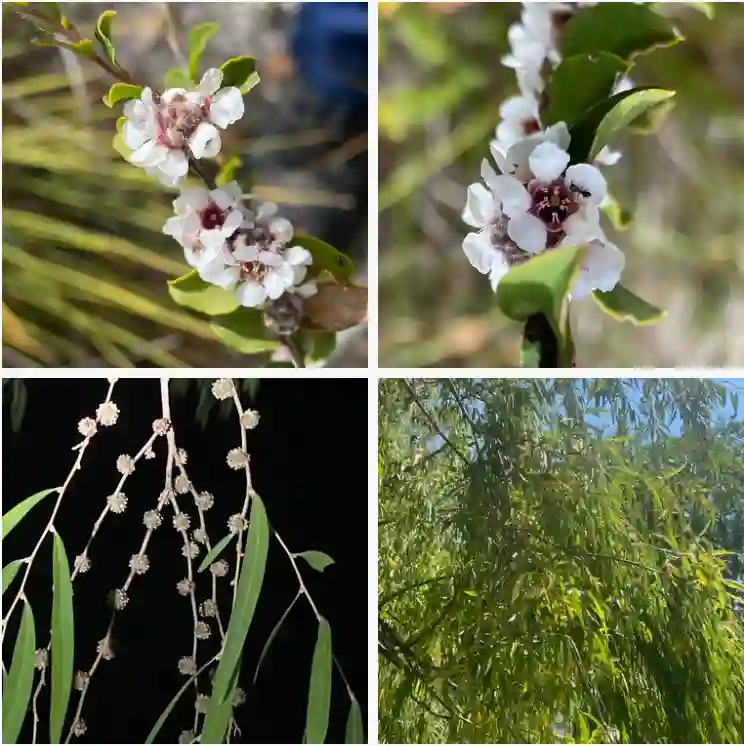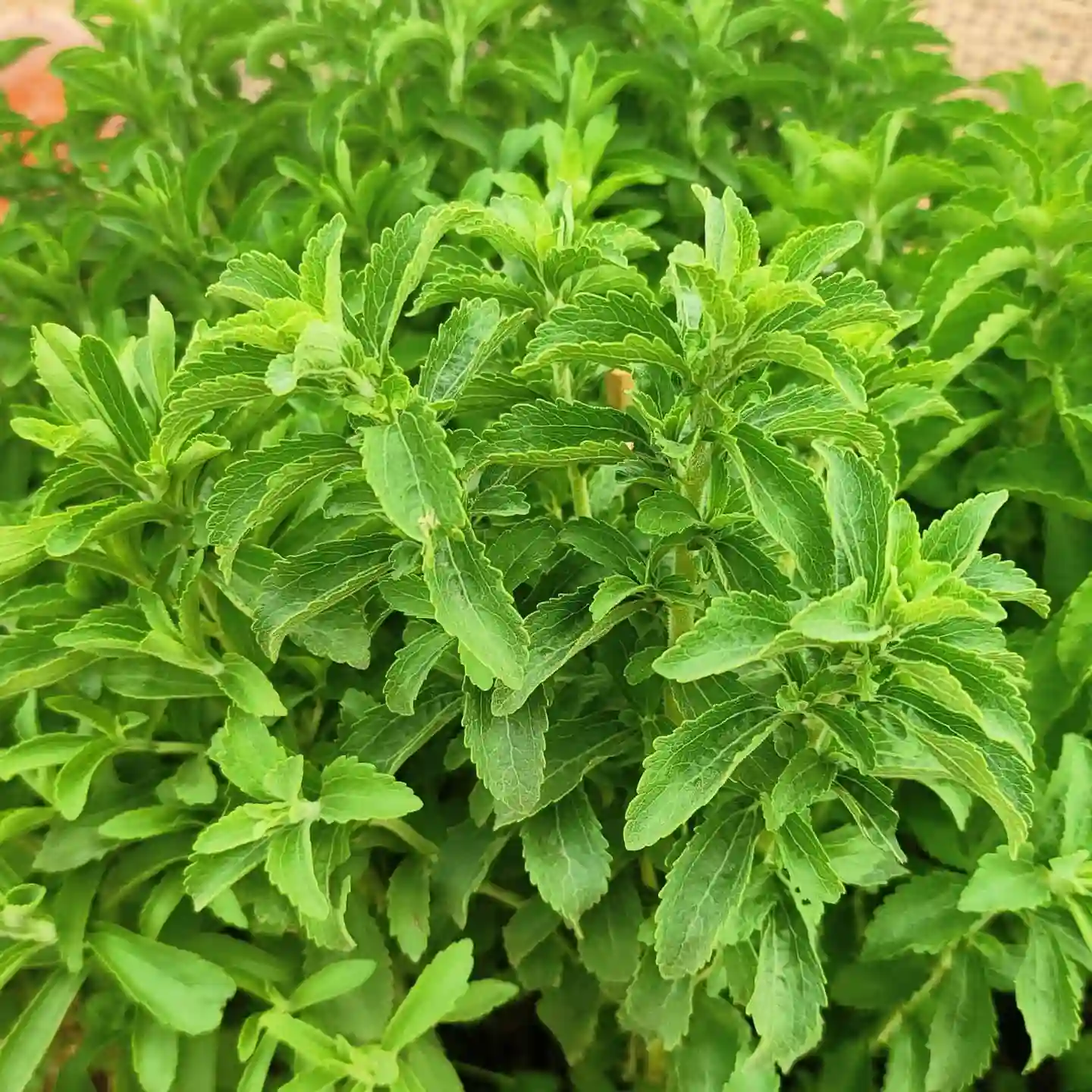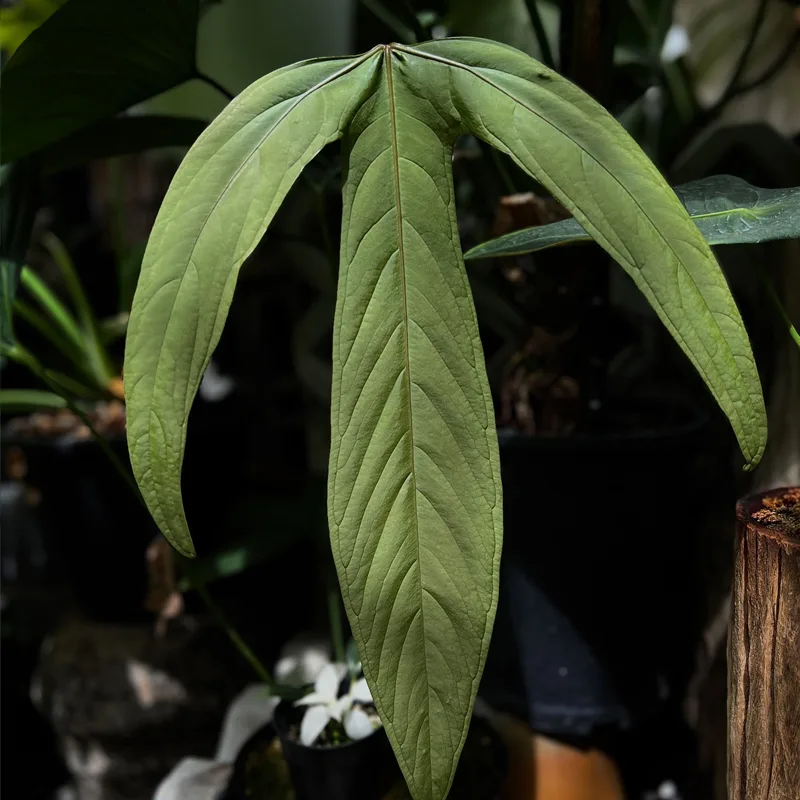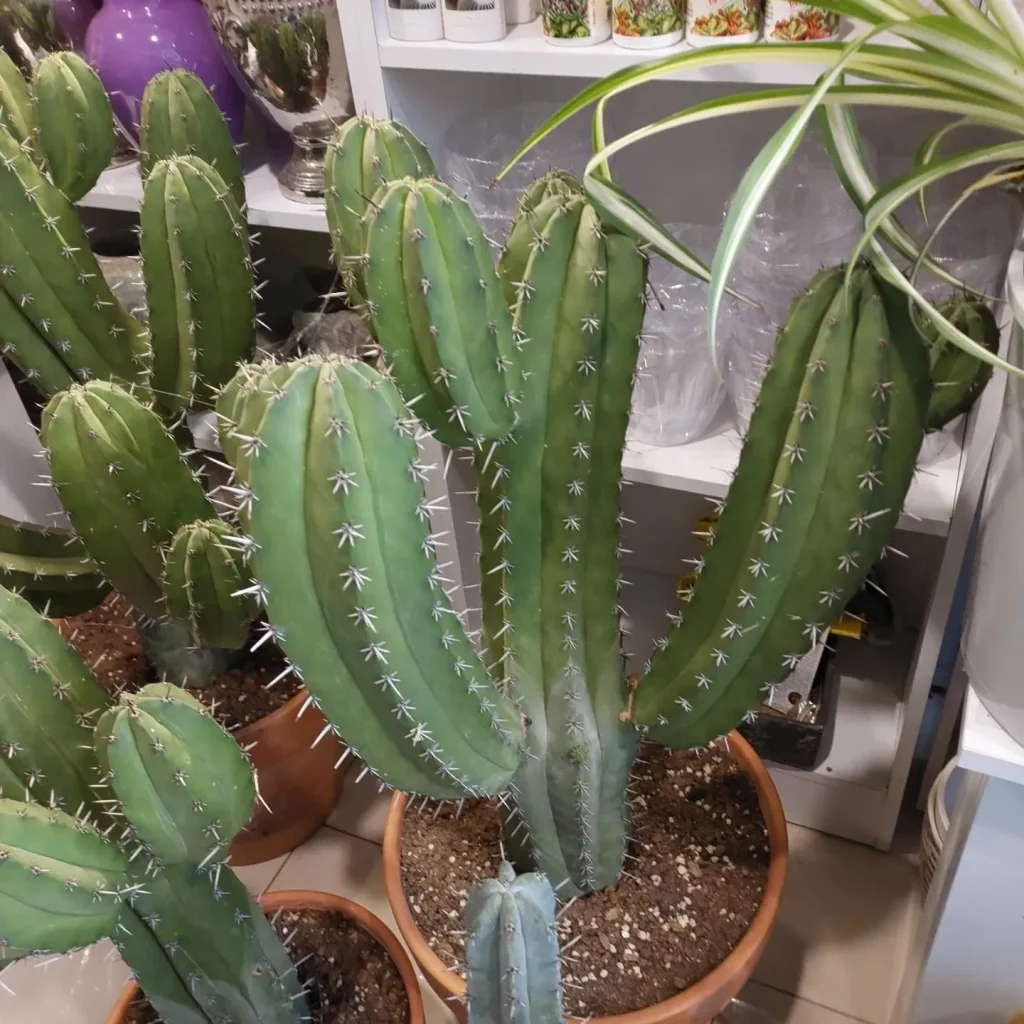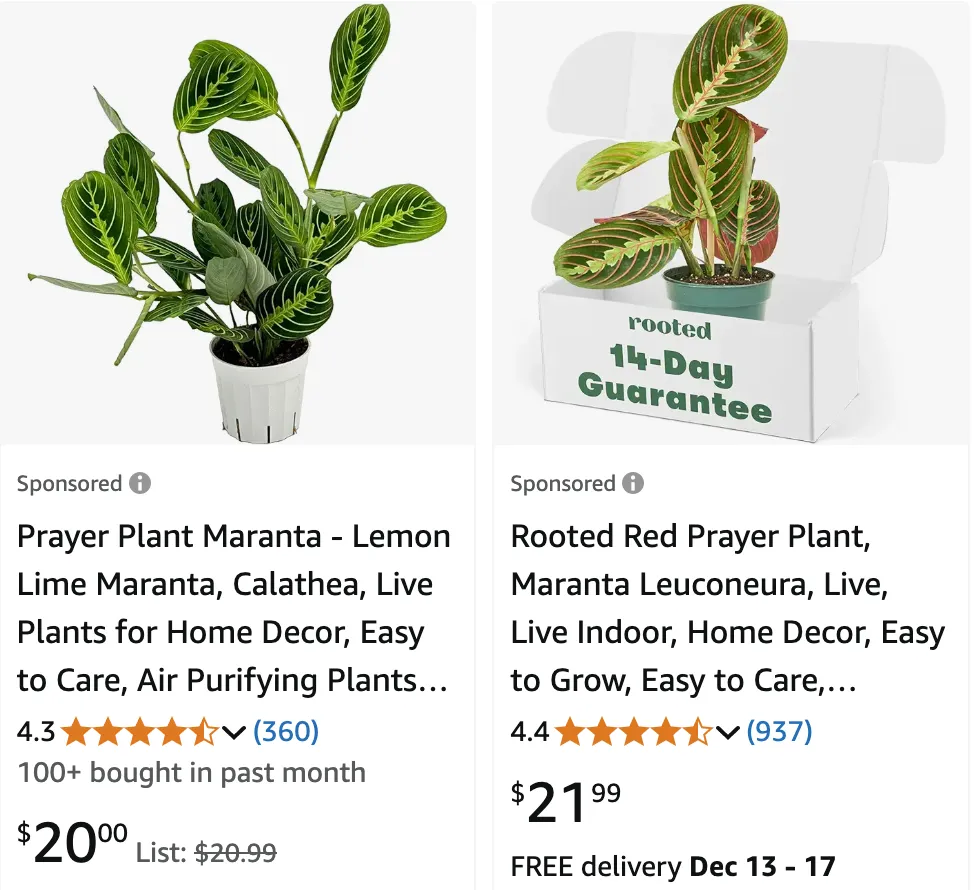
September 12 – Maranta
"Maranta, the prayer plant, represents September 12."
Maranta symbolizes reflection and gratitude. You bring calmness and contemplation to those around you. Like its folding leaves, you inspire mindfulness.
My Fascination with Maranta
The plant world is full of wonders, but there’s something truly captivating about the Maranta genus. Maybe it’s their dramatic leaf movements, or the intricate patterns adorning their foliage. Whatever the reason, I, Ferb Vu, am completely enamored.
These plants, commonly known as prayer plants, hail from the tropical regions of Central and South America and the West Indies. They’re part of the Marantaceae family, a group known for its striking foliage and unique nyctinastic movements. This means their leaves move in response to light, rising upright in the evening, like hands raised in prayer, and then lowering again during the day.
A Closer Look at the Leaves
The leaves themselves are the real showstoppers. Often oval-shaped and evergreen, they come in an astonishing array of colors and patterns. Deep greens, velvety reds, and even silvery hues are splashed across the leaf surface, creating a living tapestry. Veins trace intricate paths, sometimes contrasting sharply with the background color, adding another layer of visual interest.
It’s no wonder that Maranta species have become popular houseplants. Their compact size and tolerance for lower light conditions make them ideal for indoor growing. Plus, their dynamic leaf movements offer a daily spectacle that never gets old.
Delving into Diversity: Maranta Species
The Maranta genus boasts a respectable number of species, each with its own unique charm. Here are:
- Maranta amazonica L.Andersson
- Maranta amplifolia K.Schum.
- Maranta anderssoniana Yosh.-Arns, Mayo & M.Alves
- Maranta arundinacea L. Plant FAQs: Maranta Arundinacea – Arrowroot
- Maranta bahiensis N.Luna & E.M.Pessoa
- Maranta bracteosa Petersen
- Maranta burchellii K.Schum.
- Maranta chrysogina N.Luna & M.Alves
- Maranta cordata Körn.
- Maranta coriacea S.Vieira & V.C.Souza
- Maranta cristata Nees & Mart.
- Maranta cyclophylla K.Schum.
- Maranta divaricata Roscoe
- Maranta foliosa Körn.
- Maranta friedrichsthaliana Körn.
- Maranta furcata Nees & Mart.
- Maranta gibba Sm.
- Maranta gigantea N.Luna & E.M.Pessoa
- Maranta hatschbachiana Yosh.-Arns, Mayo & M.Alves
- Maranta hexantha (Poepp. & Endl.) D.Dietr.
- Maranta hoffmannii (K.Schum.) G.Fern. & N.Luna
- Maranta humilis Aubl.
- Maranta incrassata L.Andersson
- Maranta leuconeura É.Morren Plant FAQs: Maranta Leuconeura Kerchoveana
- Maranta lindmanii L.Andersson
- Maranta linearis L.Andersson
- Maranta longiflora S.Vieira & V.C.Souza
- Maranta lorifolia N.Luna & M.Alves
- Maranta nanica F.Fraga & J.M.A.Braga
- Maranta neopolystachya G.Fern. & N.Luna
- Maranta noctiflora Regel & Körn.
- Maranta orbiculata (Körn.) K.Schum.
- Maranta panamensis (Standl.) G.Fern. & N.Luna
- Maranta parvifolia Petersen
- Maranta phrynioides Körn.
- Maranta pilosissima F.Fraga, L.J.T.Cardoso & J.M.A.Braga
- Maranta pluriflora (Petersen) K.Schum.
- Maranta pohliana Körn.
- Maranta polystachya (K.Schum.) J.M.A.Braga
- Maranta protracta Miq.
- Maranta pulchra S.Vieira & V.C.Souza
- Maranta rugosa J.M.A.Braga & S.Vieira
- Maranta ruiziana Körn.
- Maranta rupicola L.Andersson
- Maranta sobolifera L.Andersson
- Maranta sophiana Yosh.-Arns, F.Fraga & J.M.A.Braga
- Maranta tuberculata L.Andersson
- Maranta unilateralis (Poepp. & Endl.) D.Dietr.
- Maranta vieirae N.Luna & E.M.Pessoa
- Maranta villosovaginata N.Luna & E.M.Pessoa
- Maranta zingiberina L.Andersson
Why I’m Drawn to Maranta
My interest in Maranta goes beyond their aesthetic appeal. I’m fascinated by their adaptability and resilience. They’ve evolved to thrive in the dappled light of the rainforest understory, making them surprisingly tolerant of the lower light conditions found in many homes.
Moreover, their nyctinastic movements are a testament to their sensitivity to the environment. They remind me of the intricate connections that exist within the natural world and the constant interplay between living organisms and their surroundings.
Caring for My Maranta Collection
Over time, I’ve cultivated a small but thriving collection of Maranta. I’ve learned that they prefer well-draining soil, consistent moisture, and a humid environment. I mist them regularly and keep them away from cold drafts.
The reward for this care is a display of vibrant foliage and captivating movement. Every evening, I watch as their leaves rise, a silent ballet that marks the transition from day to night. It’s a simple pleasure, but one that brings me a sense of peace and connection to the natural world.
The Future of My Maranta Journey
I’m eager to continue exploring the world of Maranta. I want to learn more about their native habitats, their evolutionary history, and the cultural significance they hold in different communities. Perhaps I’ll even try my hand at propagating new plants from cuttings, expanding my collection and sharing my passion with others.
For me, Maranta are more than just houseplants. They’re a source of wonder, a reminder of the beauty and complexity of nature, and a constant source of joy.
If i die, water my plants!
